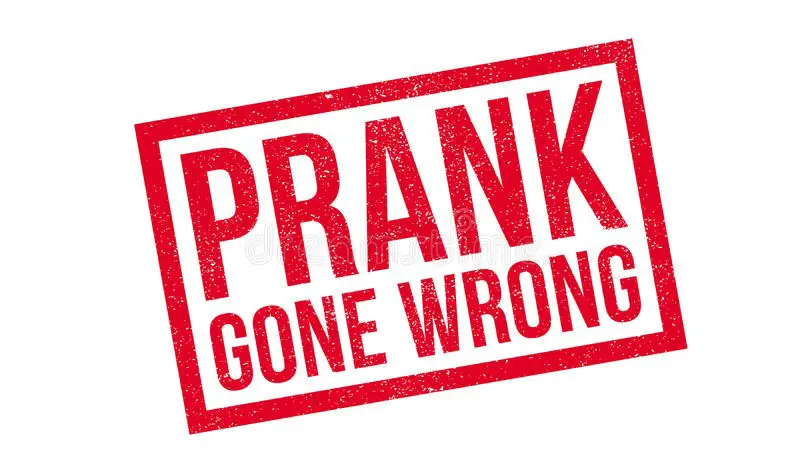A leaf blower prank video has sparked a debate over whether it constitutes a battery.
So, there’s this viral video that’s been getting a lot of attention. In the video, one person uses a leaf blower to prank their friend. This eventually blows toothpaste foam onto their friend’s face, which catches her by surprise and even gets into her eyes.
Attorney Lord’s Perspectives
This is when Attorney Ugo Lord – a lawyer and TikTok influencer with 6.7 million followers, steps in to share his legal thoughts on what happened. He starts off by asking a really important question.
“Were any crimes committed?”
He points out that even blowing air on someone can be considered a “battery.”
“Technically, battery is any type of physical contact, even if that contacts with air.” Lord said.
Therefore, we can conclude that it is guilty for blowing air on other people.
Related Legal Implications
According to Cornell Law School, a harmful contact of battery causes physical impairment, whereas an offensive contact of battery makes one feel threatened.
There are many kinds of offensive contact, from the obvious battery involving punches or kicks to even minimal contact in some cases. For that, battery occurs if an offensive contact is made, regardless of whether a victim is injured or harmed.
Eventually, when we talk about “battery” in legal terms, it doesn’t always mean causing physical harm—just making the person feel uncomfortable or threatened is enough for it to be called a battery.
Spitting on a victim, for instance, does not physically injure them but can nevertheless constitute battery under the law.
So, even just blowing air can count as a kind of touch if it makes someone feel that way.
Public Attention
Lord’s reaction video has received over 500,000 views and hundreds of comments, with some viewers finding it hilarious and others calling it cruel and disrespectful.
“I hate “pranksters” with passion, as much as racists and sexists” one expressed their feelings.
“Judge asked what happened? I blew air on her and all the lawyers said it was a crime. So now I’m here.” another user joked.
Others said that the prank was disrespectful and dangerous, and that the air pressure or the toothpaste could have injured the girl.
“Getting toothpaste in your eyes sucks…” or “Pranks shouldn’t end with someone crying.”, they commented.
Conclusion
We can see from this analysis that even small acts, like blowing air on someone, may carry legal consequences if they make them feel unsafe or uncomfortable. Therefore, despite the playful nature of it, consent and respect for personal boundaries are vital.
We should always consider our actions in light of the effects they may have on others, even in situations that seem harmless at first glance. Similarly, we should always be mindful of the way in which we interact with others.

